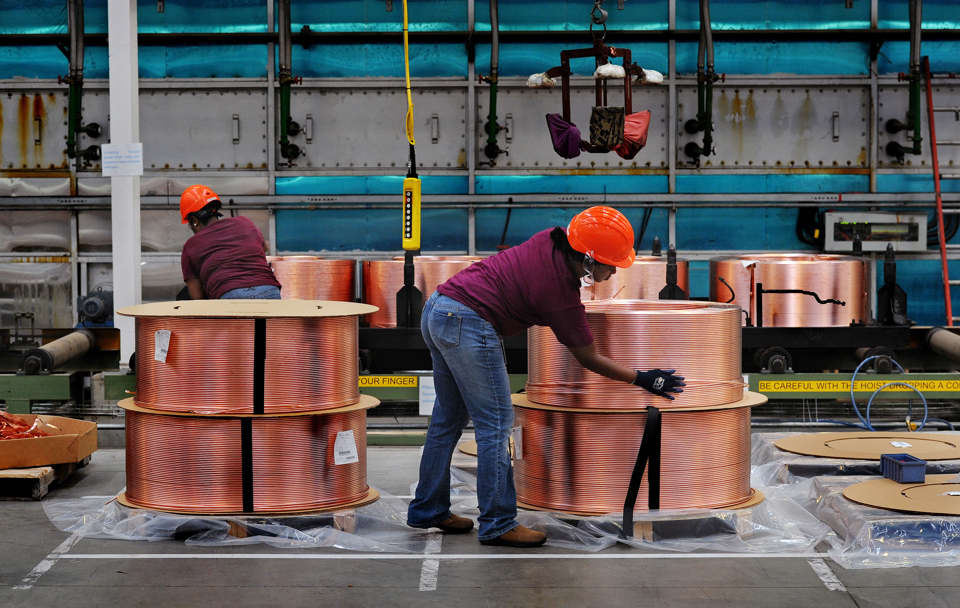
Three-month copper on the London Metal Exchange (LME) CMCU3 rose 2.7% to $10,080.50 a tonne, while zinc rose 3.4% and aluminum rose 2.9%. Iron ore traded as high as $101.25 a tonne on the Singapore Exchange, its highest since Sept. 2.
The most-traded November copper contract on the Shanghai Futures Exchange SCFcv1 rose 1.8% to 78,780 yuan ($11,234.22) a tonne. The contract was up 3.7% from a week ago.
LME copper has broken above the $10,000 resistance level as trading momentum was fueled by news of a Chinese stimulus package, but the sustainability of the rally depends on whether high trading volumes can continue from now on, a trader said.
“China is trying to restore confidence in its economy,” said Michael Cuoco, head of metals at StoneX Financial Inc. “They are sending a message to their people that they understand there are problems and difficulties and that financial restrictions need to be eased.”
Risks across financial markets were further boosted in the North American session as data showed the U.S. economy rebounded from the pandemic more strongly than previously thought. China’s stimulus measures also came as global central banks, including the Federal Reserve and the European Central Bank, began their easing cycles by cutting interest rates.
The move follows a series of stimulus measures by China to boost its sluggish economy. Some have questioned whether that will be enough to ease deflationary pressures or boost consumption in real estate and infrastructure, both of which are important for metals.
These policy measures, whether from China or the US Federal Reserve, are unlikely to lead to any increase in demand in the near term, said Bart Melek, commodities strategist at Toronto Dominion Bank.
In May, copper prices surged to a record above $11,000 a tonne on speculation about future shortages, but the rally quickly lost momentum as focus shifted back to weak demand and weak market conditions in China.
Policy risks from the U.S. also cloud the outlook for base metals, as does the timing of a global growth recovery, Citigroup said in a note, citing concerns about continued weakness in the U.S. labor market, uncertainty ahead of the U.S. presidential election and weakness in manufacturing.
Source: https://kinhtedothi.vn/gia-kim-loai-dong-ngay-30-9-tang-tro-lai-tren-san-giao-dich.html








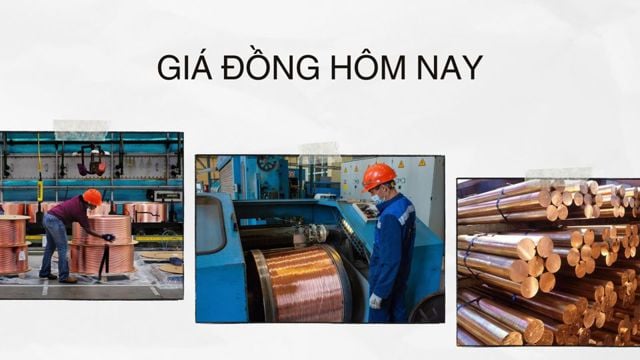




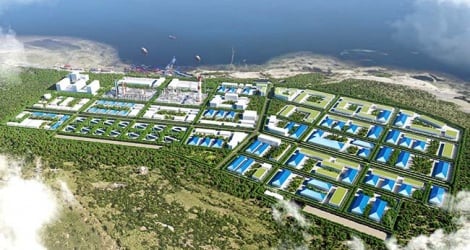

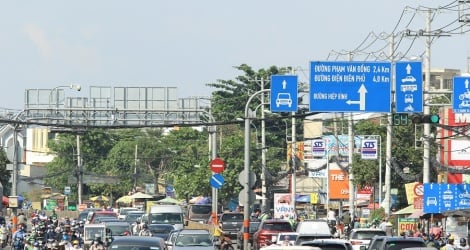



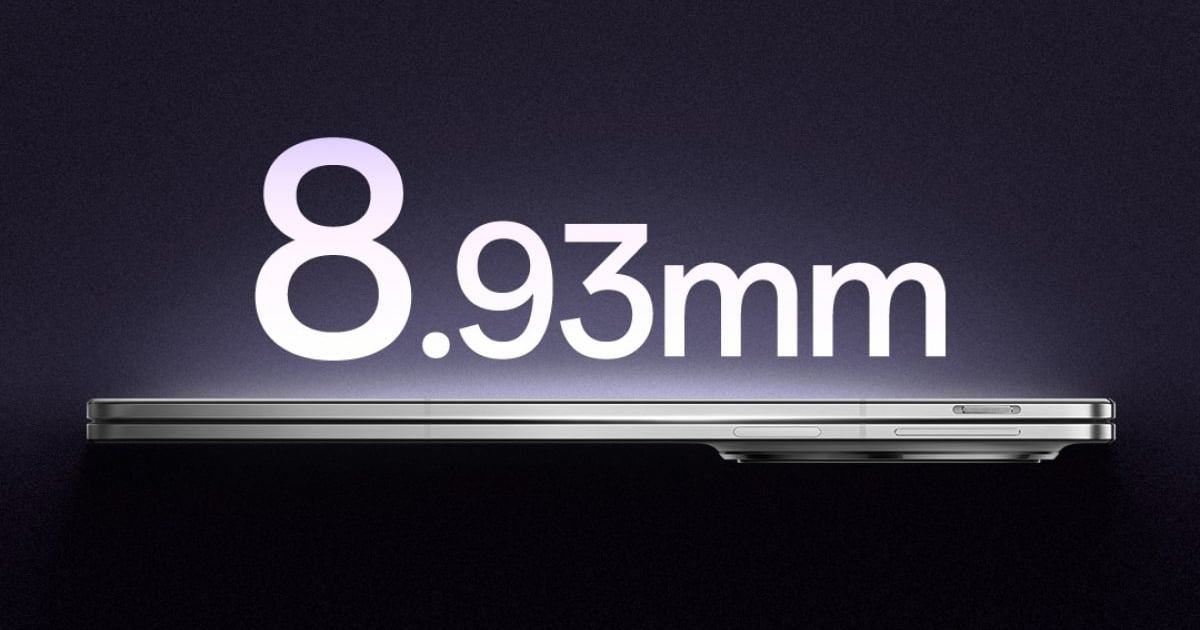











![[Photo] Prime Minister Pham Minh Chinh chairs Government Conference with localities on economic growth](https://vstatic.vietnam.vn/vietnam/resource/IMAGE/2025/2/21/f34583484f2643a2a2b72168a0d64baa)





























































Comment (0)